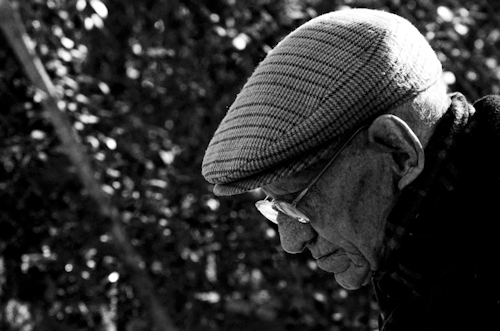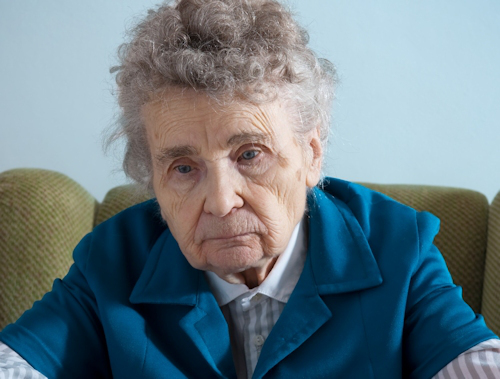Elder Abuse Prevention

Every year an estimated 2.1 million older Americans are victims of elder abuse, neglect or exploitation. And for every case of elder abuse or neglect that’s reported, as many as 5 cases go unreported (Administration on Aging).
What is Elder Abuse?
Elder abuse is an umbrella term referring to any knowing, intentional, or negligent act by a caregiver that causes harm or a serious risk of harm to a vulnerable adult.
- Physical abuse involves inflicting physical discomfort, pain, or injury.
- Sexual abuse is the infliction of non-consensual sexual contact of any kind.
- Substance abuse is an overuse of drugs and or alcohol.
- Emotional or psychological abuse diminishes the identity, dignity, and self-worth of the older person.
- Financial exploitation is the illegal misuse or concealment of funds, property, or assets of a vulnerable elder.
- Self-neglect is the behavior of an elderly person that threatens his or her own health or safety.
And who are the abusers?
According to an elder abuse study done by the Michigan government in 2006, in 90 percent of the cases, the abuser is a family member, and in two-thirds of the cases, an adult child or spouse.
Some Signs of Elder Abuse
- Personality changes
- Whimpering, crying, refusing to talk
- Unexplained or repeated bruises, fractures, burns, and sores
- Weight loss
- Unkempt appearance
- Poor personal hygiene
- Dirty, disorganized living space
- Confusion, excessive sleeping, signs of inappropriate sedation (too much medicine)
What Can You Do To Help?
Call or visit older adults and caregivers you know. Be there for them and offer to help.
Learn about community resourses, such as in-home care, adult daycare, meal delivery for the elderly and couseling and support groups.
If you’re a caregiver, ask for help from from family and friends. Look for community resourses, such as in-home care, adult daycare, meal delivery for seniors and counseling and support groups. And be sure to take care of yourself and know when you’re reaching your limit.
How to Report Suspected Elder Abuse
Michigan Elder Abuse Reporting Hotline, 24-Hours A Day
1.855.444.3911 (toll free)

